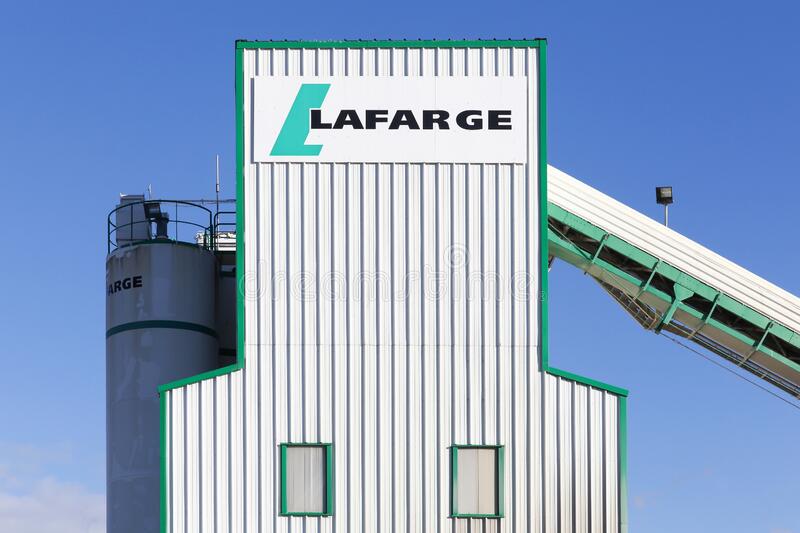French cement maker, Lafarge, has pleaded guilty to U.S. charges of supporting the Islamic State by keeping a factory running in Syria after conflict broke out in 2011.
According to Reuters, the admission in Brooklyn Federal Court marked the first time a company has pleaded guilty in the United States to charges of providing material support to a terrorist organization. The company agreed to pay $778 million as part of a plea agreement.
Lafarge, which became part of Swiss-listed Holcim (HOLN.S) in 2015, is also facing charges of complicity in crimes against humanity in Paris.
The cement maker previously admitted after an internal investigation that its Syrian subsidiary paid armed groups to help protect staff at the plant. But it had denied charges that it was complicit in crimes against humanity.
Holcim has said that events concerning Lafarge’s Syria plant go against its values and were concealed from the board at the time of the 2015 merger.
In 2017, some French rights groups accused Lafarge of paying 13 million euros ($12.79 million) to armed groups including Islamic State militants, to keep operating in Syria between 2011 and 2015.
READ ALSO: Lafarge Africa Plc, Canaancity team up on construction industry safety practices
The Lafarge/Syria case remains a milestone in the fight against corporate impunity. According to the European Center for Constitutional and Human Rights (ECCHR) In September 2021, the French Supreme Court decided that Lafarge could also be indicted for crimes against humanity.
In 2019, Lafarge successfully appealed this charge, but as a result of the Supreme Court’s decision, the appeals court now has to revisit this question. This is a turning point in our global work for corporate responsibility.
The proceedings against Lafarge and its subsidiary Lafarge Cement Syria are the result of a criminal complaint filed in November 2016 by eleven Syrian former employees together with ECCHR and Sherpa.
The complaint accused Lafarge of making arrangements with IS and several other armed groups in order to keep its Jalabiya cement factory plant open and running between 2012 and 2014 in northeastern Syria. The judicial inquiry has since then determined that the financial value of these arrangements amounted to at least 13 million euros.
Lafarge allegedly purchased commodities, such as oil and pozzolan, from IS and paid them fees in exchange for permits. By allegedly providing funding to IS, not only did Lafarge seriously endanger the lives of its employees but it could also be found to be complicit in crimes against humanity committed by the Islamic State in Syria.
The escalation of violence prompted several transnational corporations, such as Total, to leave the area. Whether in the context of armed conflicts or elsewhere, major corporate actors, such as Lafarge, must ensure that their activities neither fuel war economies nor contribute to the commission of serious human rights violations.

 Health & Fitness5 days ago
Health & Fitness5 days ago
 Aviation1 week ago
Aviation1 week ago
 Aviation6 days ago
Aviation6 days ago
 Aviation6 days ago
Aviation6 days ago
 Aviation6 days ago
Aviation6 days ago
 Aviation5 days ago
Aviation5 days ago
 Featured3 days ago
Featured3 days ago
 Crime3 days ago
Crime3 days ago

